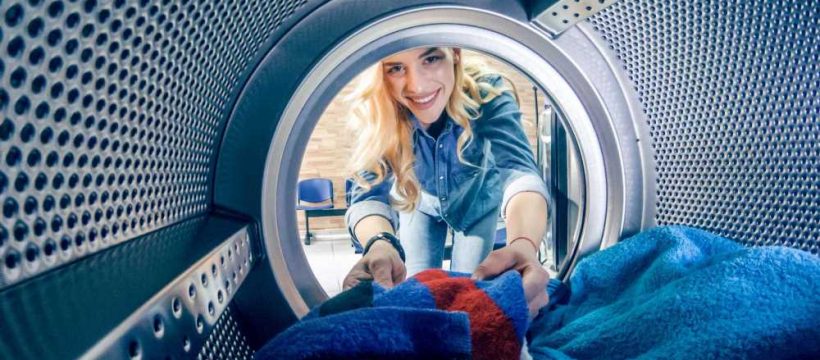WITH the kids now back at school, you might have noticed the laundry bin is more full than usual.
School uniforms, PE kits and changes of clothes mean the washing machine might be running more often at the moment.
And you might be wondering how that affects your energy bill.
Millions of households face paying £139 more for energy bills in just a few weeks time, thanks to Ofgem's latest energy price cap announcement.
So it makes sense to understand how much energy you’re using and where you might be able to cut costs. In fact, we recently looked at how much it costs to run a slow cooker.
Lots of factors affect how much energy your washing machine uses and how much it will cost to run. These include the size of the machine, which cycle you choose, and the energy tariff you’re on.
Energy firm Ovo estimates that so-called wet appliances such as washing machines and dishwashers account for around 21% of the electricity we use at home.
That compares with 14% for electronics such as TVs, laptops and games consoles, and 16% for cold appliances such as fridges and freezers.
How much it costs to run a washing machine
Ovo estimates that a 6 litre washing machine uses around 1kWh of energy for an hour long cycle.
The energy regulator Ofgem says that from October 1, the typical household will pay 21p per kWh for electricity. This is for customers who pay by direct debit.
It is estimated that the typical UK household does 270 loads of washing a year. If each load takes an average of one hour, then this puts the annual cost of running your washing machine at £56.70.
However, this number goes up for families. A household of two adults and two children does an average 468 loads of washing a year – equivalent to 1.3 loads a day.
For these households, the cost of running a washing machine almost doubles to £98.28 a year.
How to cut your costs
If you’re worried about your washing, there are some simple things you can do to cut your costs.
Reducing your washing temperature to 30°C could save you £13 a year, while cutting further to 20°C could shave £24 off your annual bill.
If your machine is only half full, you might want to hold off from hitting the start button too. Waiting until you have a full load of washing means you’re likely to do fewer cycles through the year.
Which? recently found that doing one big wash four times a week reduces energy consumption by 17% compared to someone doing three smaller washes every day.
It’s also worth checking the details on your energy tariff. Some suppliers charge more per kWh at peak times. These are usually weekends and evenings.
That means you could save money by scheduling your washes for off-peak times.
If you're considering buying a new washing machine, you should pay attention to its energy rating.
Appliances are rated from A to G on their energy efficiency, and choosing a more efficient machine could help to cut your costs.
We pay for your stories!
Do you have a story for The Sun Online Money team?
Email us at [email protected]
Source: Read Full Article

